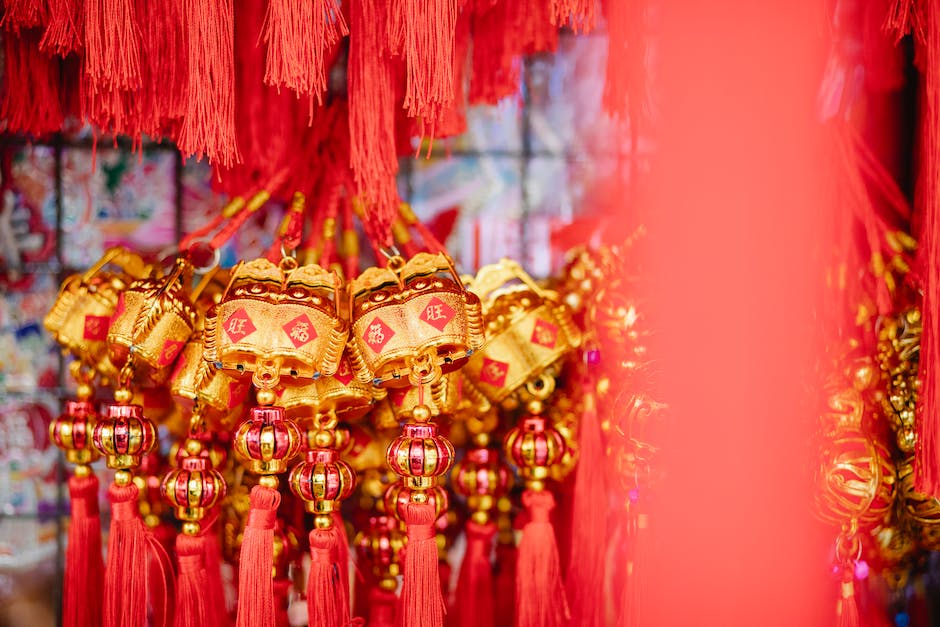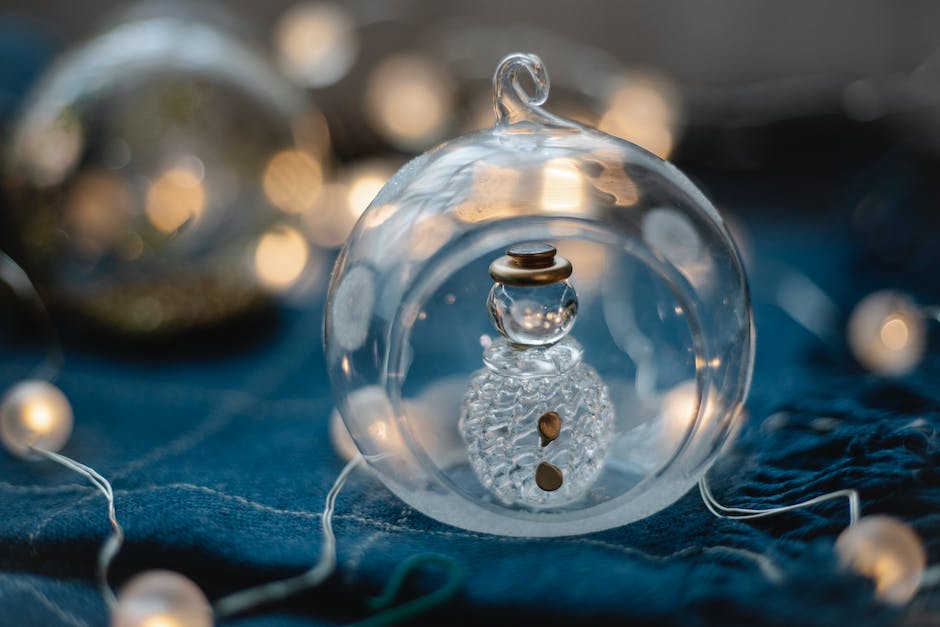
Event marketing is a form of marketing that focuses on events related to a product, service, or brand. These events can be anything from open houses to expos to product launches to awards ceremonies.
Event marketing is popular because it allows you to leverage other people’s space and resources. You can do an event at your place of business, at a venue you pay for, or at a public space like a street or park.
Event marketing can be very effective if done correctly. People who attend the event will most likely be interested in what you have to offer. They are there because they want something—whether that be information, entertainment, or something else.
Getting new customers interested in your business or brand is one of the goals of event marketing. You want to showcase what you have to offer and persuade people to buy or use what you do.
Marketing

Event marketing is a strategy many companies use to promote their brand, products, and services. It can take many forms, from hosting an event like a workshop or seminar to giving away free samples or product demonstrations.
Events can be used to promote your company, your products, and even as a means of recruiting new employees. For example, if you are a recruitment agency, you could hold workshops on how to recruit for different jobs or how to improve the job search process.
Companies also use events to promote their brand by giving away free tickets or sponsorship opportunities. By sponsoring events, you can put your name out there and advertise your company at the same time.
Using event marketing effectively requires some skill in advertising. The key is to tie the event into something relevant and meaningful while getting the word out about it.
Execution

Once you’ve chosen your target audience, planned the event, and created a campaign, it’s time to execute. This is where all of your planning comes together.
If you are hosting a event, make sure to plan ahead of time how many attendees you expect and whether or not you will be providing food and/or drinks. If not, make sure to promote affordable food and drink offerings.
If there is music scheduled, make sure it is turned on in time and at the proper volume. If there are any special events or performances scheduled, make sure they happen at the right time.
Make sure all of your marketing materials are available and being handed out appropriately.
Guest experience

A key element of event marketing is the guest experience. The event itself is part of the experience, but so is the way people are welcomed, included, and entertained.
Event organizers should think about their audience and what they would like. Is your event for children? Then have fun activities for them to do while they wait in line or eat food. Is it a formal event? Then have a formal entry process that feels special.
Families may want to take pictures or videos, so having a nice backdrop or taking photos with your phone may be a nice addition. Having things people can take home as souvenirs is also a good feature to add.
Having good security is also important for events.
Interactive elements it

An event is more than just a gathering of people. Events are about experiences, and creating memorable experiences is what sets successful events apart.
You can do this by incorporating interactive elements into your event marketing strategy. By encouraging your attendees to participate in the festivities, you’ll create a sense of community and engagement.
Some of the most effective interactive elements include games, give-aways, speeches, demonstrations, and opportunities to sample or purchase products or services.
Games can be as simple as a prize for the first person to get to the other side of the room, or they can be elaborate re-creations of childhood favorites like duck-duck-goose.
Give-aways are a great way to boost attendance at an event: people feel like they are getting something for coming, which encourages them to come. It also associates your event with something valuable—which may be your product or service— reinforcing your brand name in attendees’ minds.
Food and drinks

Food and drinks are an integral part of most events. Even if event attendees did not want to socialize, they would still need to eat!
Event organizers should consider the following when planning for food and drinks: what type of attendees will be there, what kind of event it is, and how much money is available.
For instance, if the event is a networking event and the event organizers have provided all the food and drinks, then inexpensive snacks are okay. If it is a high-priced ticketed event where guests are coming for the dinner rather than the speaker, then quality food is appropriate.
You always want to make people feel welcome at an event so never use limited or free food as a deterrent. People may still be hungry after all!
Also remember that different people have different dietary requirements and sensitivities so having some options available is helpful.
Sponsors

Another way to market your event is by getting sponsors involved. You can do this by asking businesses to advertise in the event program or giving them a space or opportunity to expose their brand.
Event sponsors can be local businesses, national businesses, organizations, and even the venue where the event is happening.
Getting sponsors is a great way to offset some of the costs of putting on an event. It also gives the sponsor some free advertising as people attend the event. People may not know it’s a sponsored event, but they may end up buying what the sponsor is selling.
Sponsors can be very strategic with how they want to be advertised and promoted, so make sure you have a conversation with them about what they want and how you can provide that for them.
Ambient lighting

When it comes to creating a party atmosphere, event planners have a number of tools at their disposal. One of the most useful is ambient lighting.
Event spaces are typically filled with natural light, so party-goers are normally accustomed to seeing the surroundings. By adding subtle lighting, you can add a little flair and excitement.
Ambient lighting is not too bright and not too dark. It is just right for providing an enjoyable experience. Party-goers will notice the nicer lighting and feel more relaxed and at ease because of it.
You can buy LED lights in many colors that are easy to attach or place around a space. Alternatively, you can use paper lanterns, candles, or jar lights to increase the ambient lighting.
Decorations
Decorations are an under-appreciated part of event marketing. They can truly make your event stand out and be remembered. They also add a fun, festive element to your event.
Event decorations can serve several functions. They can set the mood for your event by choosing the right colors and themes. They can add dimension and interest to your venue by using interesting backdrops or adding elements such as candles or fake snow.
Invitations are a great way to get the word out about your event. There are many websites that offer invitation templates for you to print or download, and some that even have cost free ones. You can also find card makers who will design a custom invitation for you at an affordable price.
Some ways to get more people to come is by offering some kind of incentive, like giving away a free drink if you come! Or you could have raffle tickets at the door, with prizes ranging from little things like drinks or snacks to bigger ones like gifts cards or merchandise.









